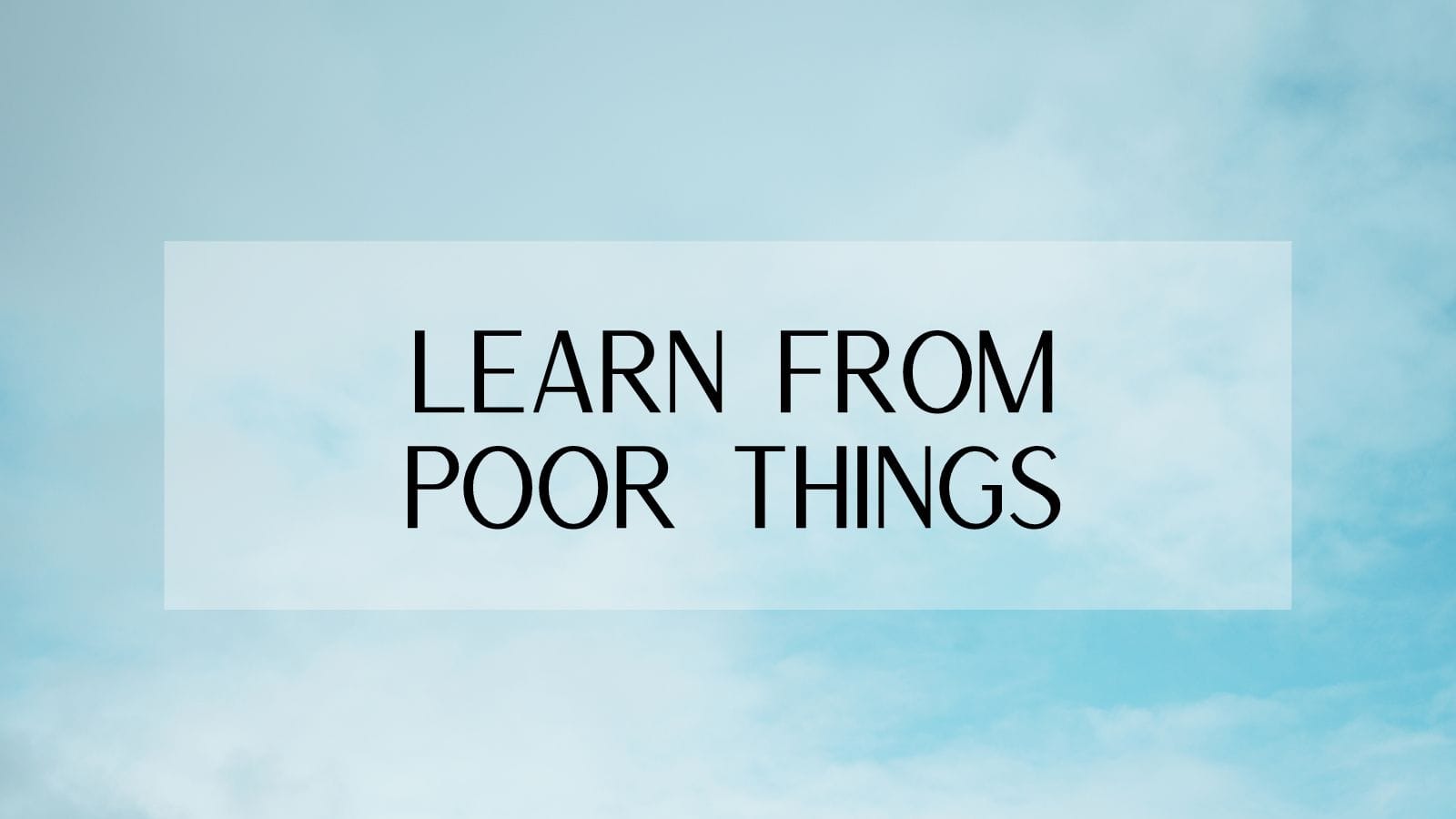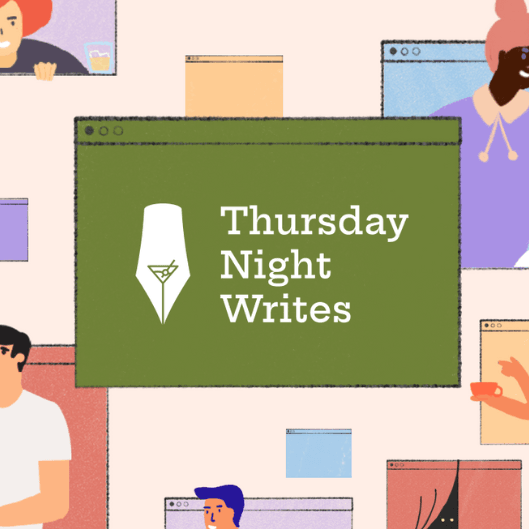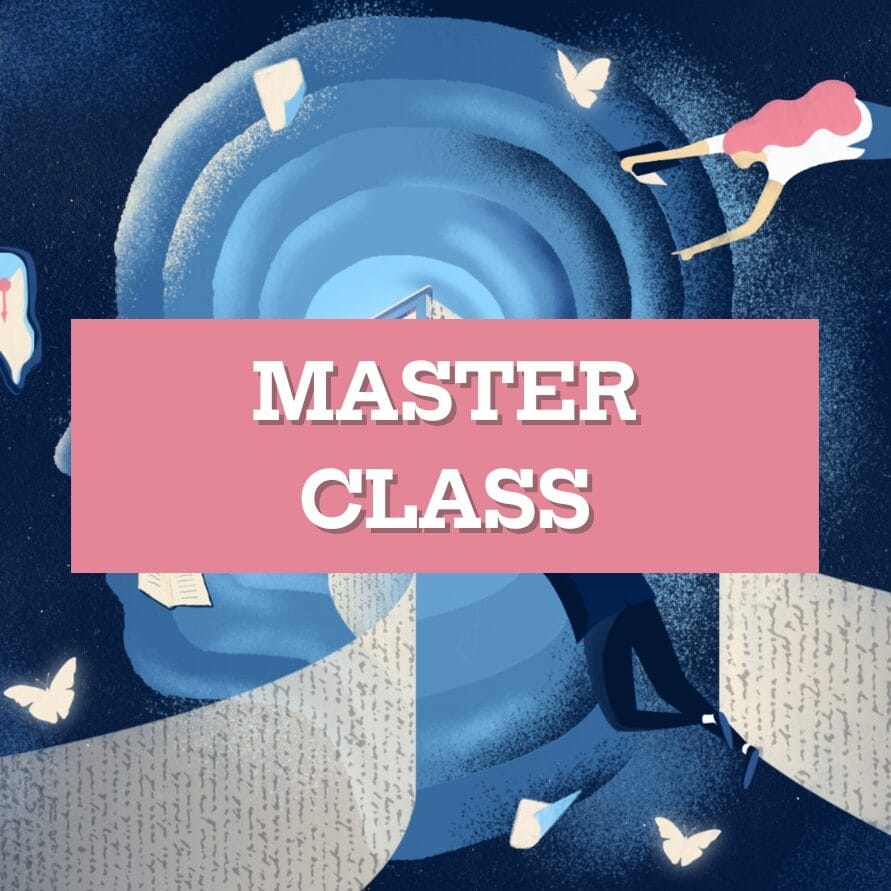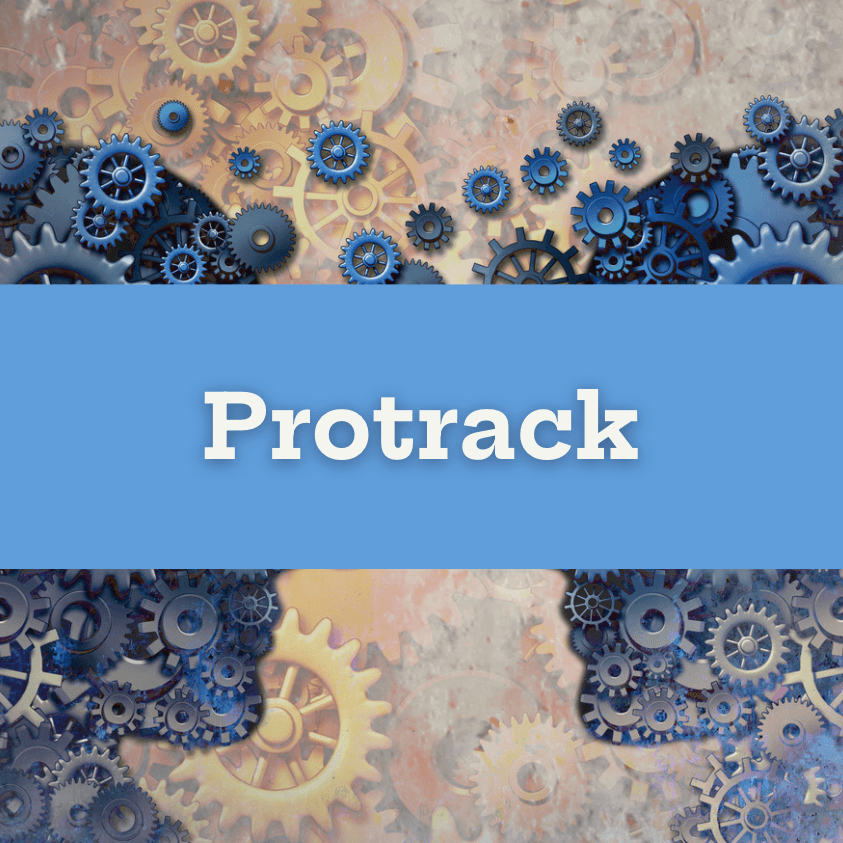This week, we are going to be talking about Poor Things, by Yórgos Lánthimos and Tony McNamara.
You could describe Poor Things as a hyper-sexualized, dark, feminist, Forrest Gump. But what is the movie actually saying?
How does Yórgos Lánthimos get away with such wildness while still telling a story that is both interesting and commercially successful? How does he both break the boundaries of what we typically think a movie or a screenplay could be, but also invite viewers in?
We’re not only going to be exploring the theme, structure and character development of Poor Things, but also connecting these concepts to profound questions about what holds us back as writers, and as human beings, from expressing our pure voices.
Along the way we’ll look at some of the countless movies that are referenced and twisted in the structure of Poor Things, from Frankenstein to The Wizard of Oz, and hopefully simplify this tremendously complex screenplay by exploring the core thematic oncepts that underlie its structure.

What is Poor Things actually about? What does the story mean? How did Yórgos Lánthimos and Tony McNamara build it as a screenplay? And what can we learn from Poor Things as screenwriters?
The weirder your movie is, the more you need to understand what you are building. The more complicated your movie is, the simpler its premise needs to be.
Where does this begin in Poor Things? Like all screenwriting, it begins with character. In Poor Things, it begins with Emma Stone’s character, Bella.
In order for you to understand the premise of Poor Things, I’ll need to give you a couple of little spoilers from the beginning to the middle. I’m not going to spoil it all the way to the end without first warning you.
So here’s the premise: God, or Godfrey (Willem Dafoe’s character) has attempted to create a woman who has no shame, no past, no history, no external or internal factors standing in the way of just being herself.
He has attempted to make a girl who is pure voice.
God is the product of horrific experiments that his father performed upon him. Unlike Bella, he bears the scars of his history on his face and has spent his whole life trying to rationalize them. Bella, on the other hand, bears none of the scars of her history. She is coming at the world with fresh eyes. How has she been created?
I am going to spoil it a little bit more now.
A woman has killed herself for reasons we don’t know. Even God, (the character), doesn’t know. She has hurled herself from a bridge in the opening frames of the movie. And, as we’ll find out later, the stories God has told Bella about her past aren’t true. He’s made up a false history to preserve her innocence and sense of herself. The truth is that God, a brilliant scientist and doctor, discovered the body of the suicidal, pregnant woman from the beginning of the movie, and he has implanted the baby’s brain into the body of the woman.
Poor Things is a Frankenstein story, inside out.
In this case, the scientist, God, as Bella calls him, is a long, suffering, twisted, deformed creator, who carries the wounds of his tortured past. He’s the one who looks like Frankenstein.
And Frankenstein’s monster looks like Emma Stone. She looks like perfection, or, to quote the film’s ironic joke, like ” what a very pretty retard.”
And she has no past.
Bella has been brought up inside a world that has been cultivated for the sole benefit of her voice. Any action she takes is okay.
She can scream. She can spit out her food. She can have a tantrum. She can pee on the floor. She can stab a cadaver in the eye. She can follow any impulse she has and be celebrated for her growth.
At the center of its complexity, Poor Things asks a very simple thematic question: What could you be if you didn’t have a past, if you didn’t have shame, if you didn’t have an internal censor holding you back?
How could it be different? How could you bloom? And also, how would you suffer? How would you struggle? How would you be taken advantage of? What would you discover?
At what cost could we keep our purity and live a life without scars? And at what cost do we bear the scars that make our identity?
Poor Things asks, in particular, what would it be like for a woman to live without shame? Like Frankenstein, it’s an allegory about God and man, but inside out.
You need a thematic concept this simple to create a screenplay as weird, playful and experimental as Poor Things.
If you build complicated on top of complicated, what you end up getting is mush. But when you build complicated on top of simple, what you end up getting is beauty.
So at the center of Poor Things, we have the scarred creator, struggling with his ugly history, and the perfect, misbehaving Bella, with no history. And it is God’s desire to keep Bella pure, to keep her a pure experiment. And for this reason, he has confined her to a house, which is where we get our next wonderful movie reference.
Why is Poor Things shot partially in black and white? Because Poor Things is also a reimagining of The Wizard of Oz.
Bella’s Kansas is God’s home. Like the opening of The Wizard of Oz, at first it’s shot in black and white until Bella emerges into the color of the outside world. And Bella has only one desire: to go “somewhere over the rainbow,” to be free.
And God has only one desire, which is to protect her from the risks of that freedom, to keep her home where she can be safe, where nothing bad can happen to her.
He even brings in a medical fellow, Max McCandles, played by Ramy Youssef, to fall in love with her, to become her husband, so that she can be happy.
But Bella’s journey in Poor Things really begins when she discovers her sexuality: or as she puts it “Bella discover happy when she want.”
Unlike the people around her, bound by their Victorian era associations of sex with shame, (still present in the modern world), Bella’s body is her own. And it is her desire for pleasure that drives her.
Now again, if you have a complicated movie, you need to build it on a simple foundation. So what’s the simple foundation?
Bella wants to go “over the rainbow.” She wants to leave “Kansas.” She wants to see the world.
And because she has no inner censor, because she has no limitations, she throws the biggest tantrum necessary in order to convince God, and Max, her soon to be fiancé, that they should let her leave.
If they’re not willing to let her leave, she is going to escape them using the same techniques that God has used to control her (knocking them out with ether). And she’s going to go on a journey with a total rake of a lawyer, Duncan Wedderburn, played by Mark Ruffalo. She knows him to be exactly what Duncan is. But she believes he can give her the things that she wants: sex, freedom and travel.
Of course, what’s actually gonna happen is that Duncan is going to fall madly in love with Bella, and in falling madly in love with her, he is going to want to control her.
The entire structure of Poor Things, centers around the simple premise of a woman without shame, whom every man in the film wants to control in some way.
To understand what Poor Things is really about, and what Yórgos Lánthimos and Tony McNamara are saying in the screenplay, we must understand the urge of every man in Bella’s life to somehow control this woman, whose only desire is to follow her voice, her instincts, and her sexuality and go out into the world.
God is going to try to control her through his well meaning “commandments.” Bella must stay at home so that she can be protected. God is going to love her with a father’s love, and she’s going to have to push against that desire for control.
Her fiancé, Max McCandles, is going to love her with a fiancé’s love. But, at least at the beginning of the movie, Max’s adoration is also a form of control, which prevents him from loving her in the way she needs, from having sex with her, and from standing up to her father. So even he, in his adoration of her, is going to end up putting her on a pedestal that is also about control.
Bella is then going to take off with Duncan, the rakish lawyer, a man who promises her he doesn’t care about the rules of polite society. Duncan claims to care only about passion and freedom and sex and adventure.But by being so purely her, Bella is going to change him, and Duncan is going to fall in love with her too, and he is going to try to control her too, through shame.
Like the others, Duncan is going to fail. And in his failure, he is going to go on a huge journey and become an antagonist in the piece, and fail to give her the very freedom and pleasure unbridled sex for whichshe left with him in the first place
Bella is going to be left destitute, and she is going to follow her impulses towards pleasure to become a sex worker at a brothel.
There are those who argue that because of Bella’s journey at the brothel, Poor Things is an anti-feminist screenplay.
These critics argue (rightly) that feminism is not about just following your carnal desires and allowing yourself to be exploited and not caring about it.
However, I think reading the story in this way is a total misinterpretation of what Poor Things is about.
Bella’s journey at the brothel is not about allowing herself to be exploited.
Her journey at the brothel is about discovering that human beings, and men, use sex for control. It’s about discovering that the woman who runs the brothel needs to control the women inside the brothel. It’s about learning that there are some men who prefer for a woman to not enjoy sex, to not have a choice.
In other words, like every other element of this hugely complicated screenplay, it comes back to the same simple central theme.
All of Bella’s journey in Poor Things is built around this question of shame versus no shame, past versus no past, voice versus no voice, freedom versus control.
For all its complexity, experimentation and otherworldliness, it’s about a girl who wants to leave “Kansas” to go on a journey into a more colorful world.
It’s about a girl who’s going to go on that journey in pursuit of her desires, pleasure, adventure, voice, freedom, and being her own driving force in the universe.
Just like in any movie, the structure is going to be built around this simple desire, and along the way of pursuing that desire, she’s going to face obstacles, all of which relate to that theme of shamelessness and control.
Bella is going to face lots of different men who want to control her in different ways.
And by the end of the story, just like Dorothy in The Wizard of Oz, she’s going to go back to “no place like home.”
She is going to go back to God.
God is dying.
Bella returns, but she does not return the same woman. She returns as a woman who has been through “Oz.” And because Bella does not have shame, and because she does not have a past, she returns the same indomitable force as when she departed, but as a larger, more colorful version of that self.
Bella starts as a woman who can barely walk, and she returns as a woman in control of her own power.
She has no shame for the choices she’s made, or even the things that we might characterize as mistakes.
She has no shame– not even for the things that happened at the brothel.
She has no shame for the things that do not fit the rules of society, she is honest with her fiancé, Max McCandles, about what she’s done and her feelings about it, and Max is able to accept it.
Similarly, she’s honest with God about her love for him, and her appreciation of him, and her anger at him. She is purely expressing herself, the way that she is.
And as a result, she is given a happy ending, or what seems like it’s gonna be one: she is to be married to Max.
And just as Bella is about to get her happy ending, she is tested by one more person, one more attempt to control her, and one more permutation of the theme of Poor Things: whether it’s truly possible, even for Bella, to live without a past, without shame.
In other words, the screenplay is asking, can you really set those scars behind you, even if they’re invisible or hidden from sight?
One more spoiler alert…
The final test of Bella’s desire is her husband from her previous life, Alfie Blessington.
He appears at the moment the wedding is about to commence. He calls Bella by her real name, Victoria Blessington, and Bella makes a surprising decision.
Bella decides she wants to know who she was.
This is the first time we’ve seen Bella look towards the past rather than look towards the future. She finally finds a test which, maybe, she cannot surmount.
And to our surprise, and certainly her fiancé’s, she leaves the wedding to return home to a life that we know previously led to her suicide.
She returns home with this new man and she discovers two things.
1) He is a sadistic, horrific human being who, of course, wants to control her even more strongly than everybody else.
2) That in her previous life, she was as cruel as he was.
In this way, Bella returns to where she started. Now, instead of being locked in the paradise of God’s home, she is locked in the gilded hell of her actual husband.
Poor Things is a well structured screenplay, which means, of course, that Alfie’s attempt to control Bella must outdo all of the previous attempts.
Alfie attacks the thing that Bella holds most sacred, the thing that has driven her through the whole movie: her sexuality.
He wants to perform a clitoral circumcision because he cannot accept her past. He cannot accept her choices.
She has gone on a huge journey where she has grown in her voice despite all the challenges, only to meet her match out of a desire to recapture her past.
Again, spoilers ahead.
She escapes that relationship and she returns home, where she is rewarded.
She is rewarded by getting to say the goodbye to God that she has needed to say, but also in a more powerful way.
She has this wonderful line where she says about the previous version of herself, and that past that she wanted so desperately to understand and recover. “It was just a story of someone else, not Bella Baxter.”
Instead of taking on the horror of her past, Bella decides she has no connection to the human being she used to be. She chooses to look once again toward the future, rather than bearing the shame and the scars of the past
Bella’s decision to let go of the shame of her past is one of the most powerful moments in the movie and one of the most profound things for you to think about, as a writer, looking at Poor Things.
Even having been confronted by her past, by that which she actually should be ashamed of, she makes a choice to not dwell in who she once was, but rather in who she is now.
So I want to end this podcast with a question for you. Who would you be if you decided to let go of the scars of your past?
If you decided to let go of your history? If you decided to let go of your shame?
Who would you be if you’ve decided to let go of the rules of polite society and just express your voice on the page?
*edited for length and clarity

I hope that you enjoyed this podcast. If you are getting a lot out of it and it’s helping your writing, come and study with us. We have a free online class every Thursday night, foundation classes in screenwriting and TV writing, a Master Class for those of you who want a grad school education at the tiniest fraction of the cost, and a a wonderful ProTrack mentorship program that will pair you one on one with a professional writer, who will read every page you write and mentor you through your entire career at less than you would pay for a single semester of grad school.







